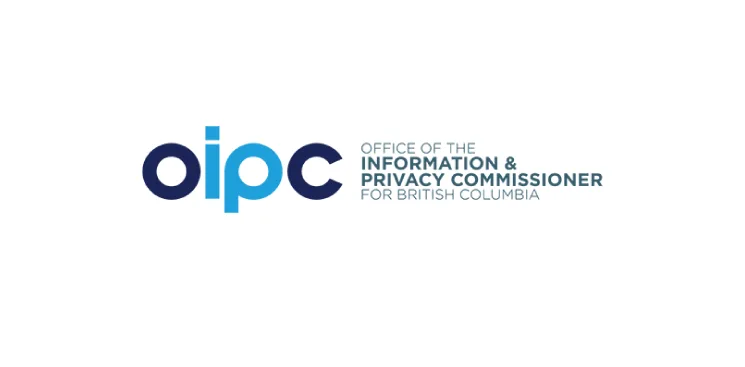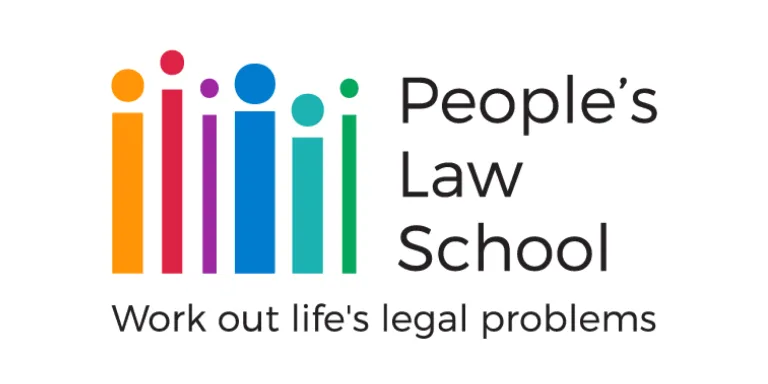Who has access to your credit report

Banks, businesses, and others may wish to see your credit report. It helps them decide whether to lend you money or do business with you. But it contains information you may want to keep private. Learn who can access your credit report.
What you should know
A credit reporting agency can’t share your credit report without your permission. (There are three exceptions, which we’ll explain in a minute.)
When someone looks at your credit report, it’s called a “credit check.” You don’t have to consent to a credit check. But if you refuse, the other party may decide not to do business with you.
Your consent to a credit check may be folded into an application form. For example, an application for credit, insurance, employment or tenancy. By signing the application, you’re agreeing to the check.
But by law, the consent must be prominent and easy to understand.
Pro tip: Before signing an application form for credit, a job, or an apartment, make sure you read the full application. If you don’t want the other party to access your credit report, discuss this with them.
In some cases, credit reporting agencies don’t need your consent to share your credit report. You don’t have a choice when your report is requested by:
the federal, provincial or municipal government
the police, for the purpose of an investigation
anyone with a court order allowing access to your credit report
Work out the problem
Think someone got their hands on your credit report who shouldn’t have? Here are steps you can take.
Step 1. Order (and review) your credit report
Step 2. Contact the credit reporting agency
Step 3. Ask for a review of the agency’s decision
Step 1. Order (and review) your credit report
First, order a copy of your credit report. We offer guidance on how to do that. See ordering your credit report.
Look at the list of credit inquiries in your report. (A credit inquiry means someone has ordered a copy of your credit report.)
Step 2. Contact the credit reporting agency
Are there names or businesses you don’t recognize in the list of credit inquiries? Contact the credit reporting agency who prepared the report. In Canada, the two agencies are Equifax and TransUnion. Ask them to explain — in writing — what's going on. See the website for Equifax or TransUnion.
Step 3. Ask for a review of the agency's decision
If you aren’t satisfied with the credit reporting agency’s response, ask for a review of their decision to release your credit report. Direct your request to the BC Information and Privacy Commissioner.
Your request must be made in writing. There's a form on the Privacy Commissioner's website you can use. See the Commissioner's website. Or you can send a letter or email. Make it clear what you're asking the Commissioner to review.
If you’d like to go deeper, we have more detailed guidance on this topic. See our in-depth page on who has access to your credit report.
Who can help

Office of the Information and Privacy Commissioner
Oversees BC's laws relating to privacy and access to information.

BC Legal Referral Service
Helps you connect with a lawyer, notary or paralegal for a free 15- to 30-minute consult to see if you want to hire them.

Access Pro Bono's Legal Advice Clinics
Volunteer lawyers provide 30 minutes of free legal advice to people with low or modest income.
Reviewed for legal accuracy by
Wendy Andersen, Digby Leigh & Co. and Casey Harris, Barrister & Solicitor
This information from People’s Law School explains in a general way the law that applies in British Columbia, Canada. The information is not intended as legal advice. See our disclaimer.
Related
On Dial-A-Law
Dial-A-Law has more information on Credit reports in the section on Money & debt.


